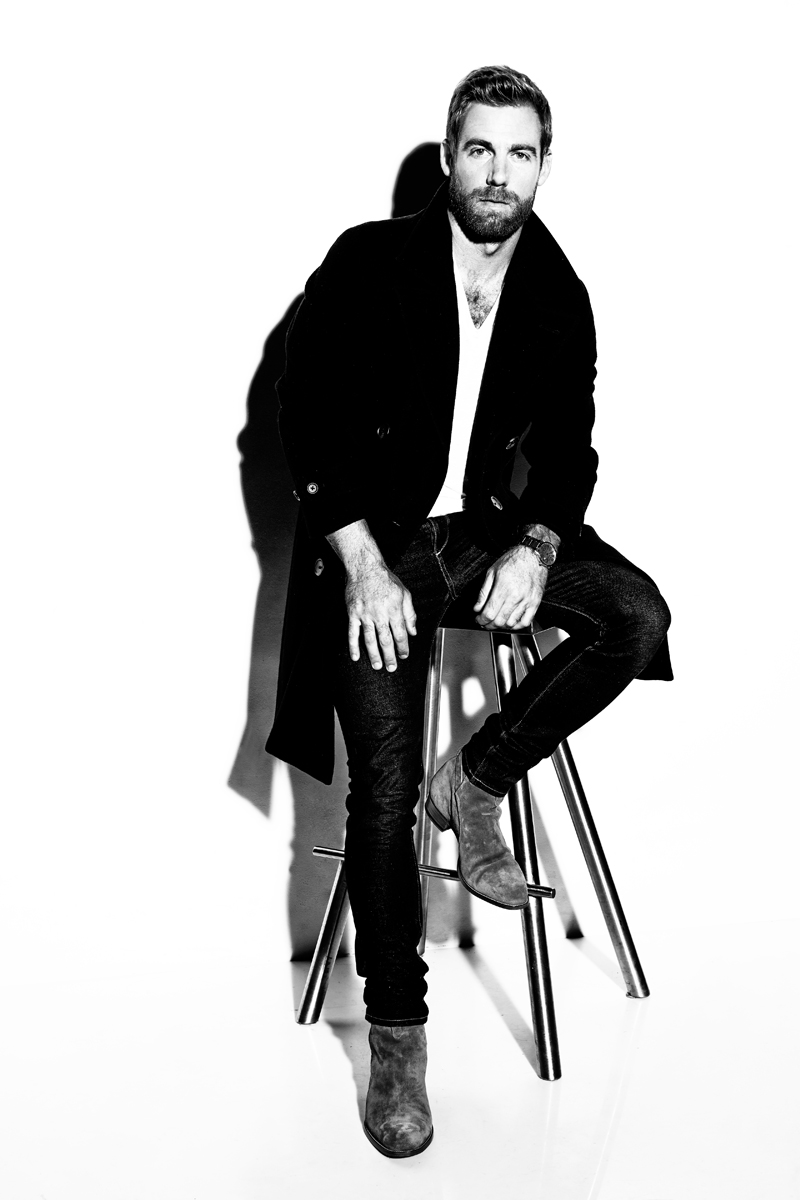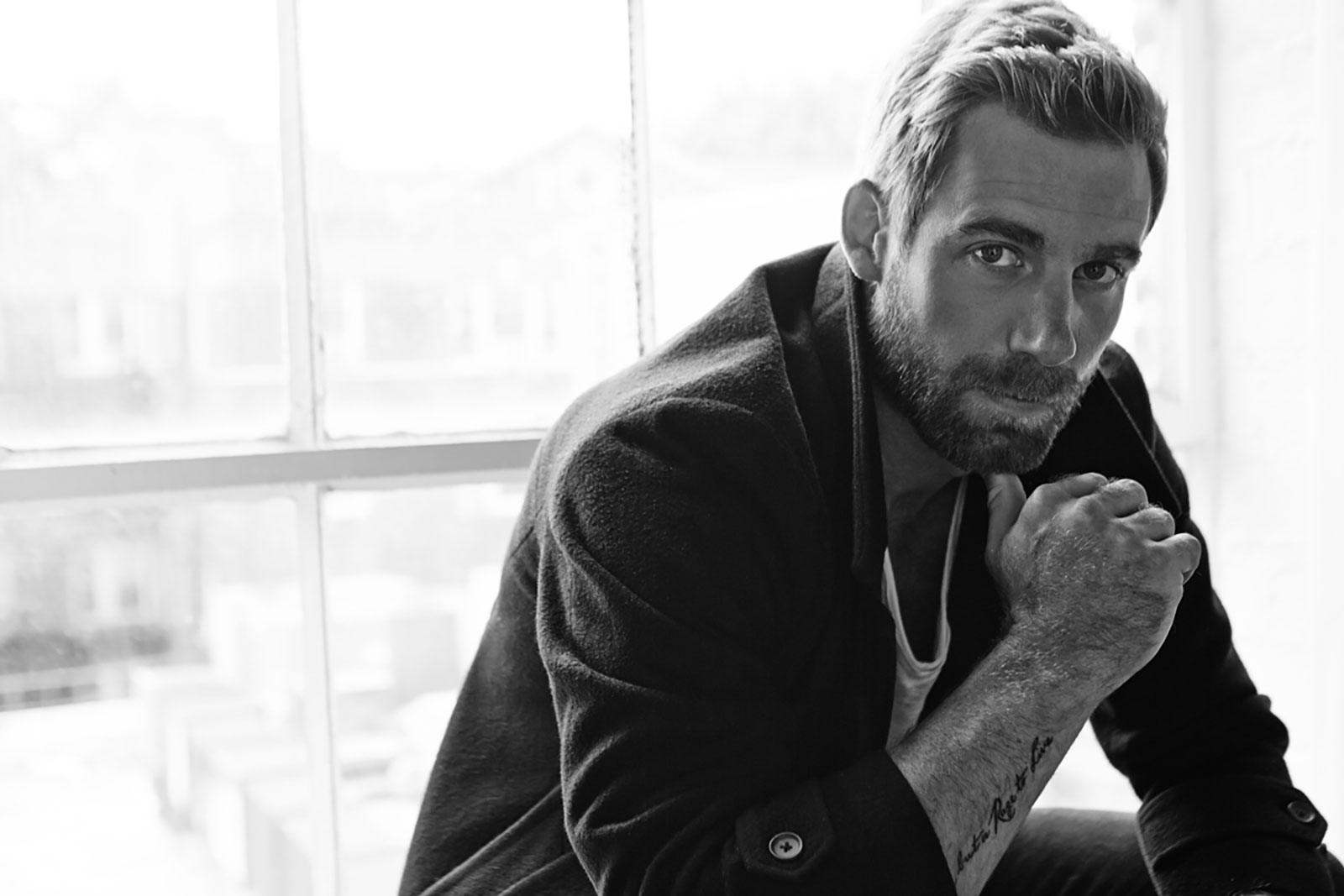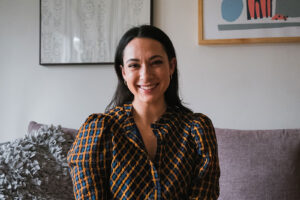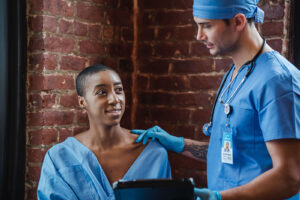“We like to think about where we think the world will be in 10 years and then basically make that reality accessible now,” says David Hysong, founder and CEO of Shepherd Therapeutics.
Since founding the company in 2015 and launching its sister organization, Shepherd Foundation, Hysong has been on a mission to revolutionize the world of oncology, especially rare cancers. Utilizing a new program, Delve, which matches any cancer (or cancer patient) with the best therapeutics to target their diseases, Shepherd aims to leave no patient behind. But Shepherd Therapeutics’ mission is more than just noble for Hysong. It’s also personal.
“Being able to answer the question, ‘What did you do with your hands today?’ was a really powerful question for me,” Hysong says. “And I wanted something where I could have something very tangible to show for that.” Hysong’s life was split between scholarship and action. After completing his first graduate degree, Hysong traveled to Phnom Penh, Cambodia to work against sexual slavery and human trafficking. A motorcycle accident in the country led to surgery and rehabilitation. Upon recovery, he attended Harvard University to receive a Master of Divinity. Later, he decided to join the U.S. Navy.
“I wanted to follow in my buddies’, my father’s footsteps and lay my life on the line to save other people,” Hysong says about his decision to join the U.S. Navy. But a surprise illness delayed those plans.
During selection at the Naval Base Coronado, Hysong began coughing up blood and passed out. He was diagnosed with swimming-induced pulmonary edema. “I went from top 10 in my class to bottom 10. I just didn’t quite feel right,” he recalls.
A friend later noticed a large lump in his neck, which Hysong got checked out, leading to his adenoid cystic carcinoma (ACC) diagnosis. “It was kind of surreal, you know? Twenty seven years old. It’s like, wait a minute! What?” says Hysong.
ACC typically does not respond to traditional chemotherapy. Hysong underwent two surgeries and ultimately, under oncologist guidance, did not receive the local radiation that is typically recommended as part of ACC treatment. “There are doctors that are wonderful and are willing to try to be artists with my disease, who can keep patients living a little bit longer,” Hysong begins. “But basically, when this comes back, it’s usually lights out pretty quickly.”
The experience, he says, has given him “a place to stand.”
“I remember kind of thinking to myself, before I got diagnosed, when it was this sliver of a possibility, what would I do?” Hysong remembers. “I remember having this internal dialogue. I’d known poverty. I’d done different things, but I hadn’t had a really deep experience of this type of suffering. And then I would call it injustice that goes along with it. There’s no reason why we shouldn’t have a therapeutic for adenoid cystic carcinoma, other than that it doesn’t make enough money.”
During what Hysong describes as an “almost classical Muse moment” in the shower, the idea of Shepherd Therapeutics was born.
We have thousands of drugs. They just have to be matched to patients better. The fact that no one had taken the time to [make] my disease a priority was really eye opening.
— David Hysong
“We have thousands of drugs. They just have to be matched to patients better. The fact that no one had taken the time to [make] my disease a priority was really eye opening,” he says. “I think that really galvanized all of those experiences into one and really gave me a heart [to think], ‘Okay, something needs to be done about this, and if not me, then who?’”
Two weeks later and only eight months after his initial diagnosis, Hysong had money committed to his new idea. Within three months, he had met Gene Williams, who would become the Shepherd co-founder.
“I knew that I wanted to go after patients that have been left to die, that have been neglected, that didn’t have access. The question was how to do that at scale,” says Hysong.

One of his first achievements was hiring Kate Arline. Arline, whose fiancé was diagnosed with a rare brain cancer, approached Hysong after overhearing him discuss Shepherd. As the chief strategic officer, Arline built out “Delve,” the company’s personalized oncology platform. According to Hysong, Delve can match any cancer or any specific patient in the world with therapeutics more likely to be effective in treating their disease. According to Hysong, Delve is able to predict up to 80 percent of the time where a drug will be most effective and where it will fail. The goal is to induce disease stability or regression of a tumor.
“It’s basically target and mutation agnostic,” Hysong says. “It pulls in a patient’s entire transcriptomic profile and mathematically pulls out what are all of the biological interconnections that are responsible for whether or not this patient will respond to this drug.”
The next step in their mission is to bring the technology to people all over. Shepherd recently announced a partnership with the Mayo Clinic to match patients around the globe with the highest potential therapeutics. They will begin in Ethiopia and Pakistan with refractory patients, or those for whom doctors have exhausted all other treatment options.
The goal, Hysong says, is to have a pilot of these programs running within the next 12–18 months, with a global presence within the next 3–5 years. Rolling out their efforts to the U.S. is imminent, but Shepherd Therapeutics fears other parts of the world may get left behind. That’s why they’re putting in the work now to make their creation accessible to as many people as possible. “We want to make the most promising modern therapeutics available to every person around the globe, regardless of race, creed, religion, socioeconomic status or geographical location,” Hysong adds. “That’s a big vision.”
Still, even if their goals seem lofty, they don’t seem impossible. With this much drive, determination and success, how could they be?
“It’s a dream that no patient is left to die, whether they’re in a hospital in Brooklyn or a village in Ethiopia,” Hysong says. “Our conviction is that there are plenty of life-saving drugs available today. Not all of them make a lot of money for companies, which is why they haven’t been broadly distributed. But we need to understand and enable matching drugs with patients for whom they’ll be most effective. We are one of the organizations that are capable of making that possible.”







